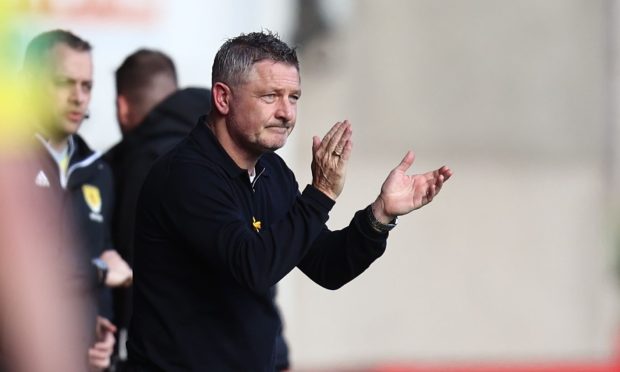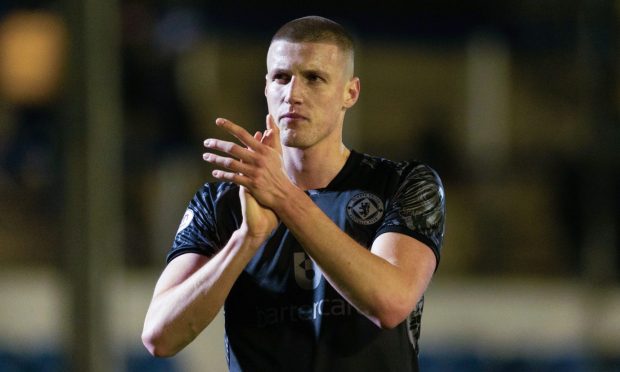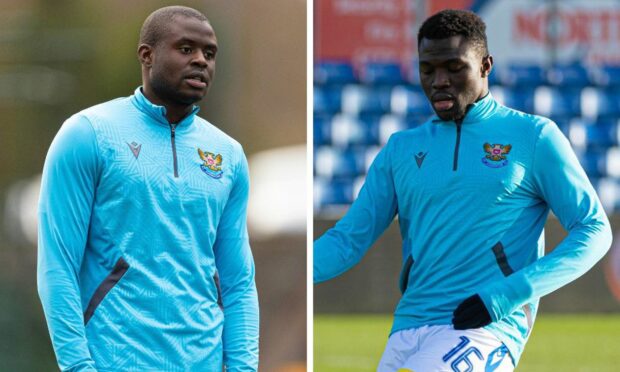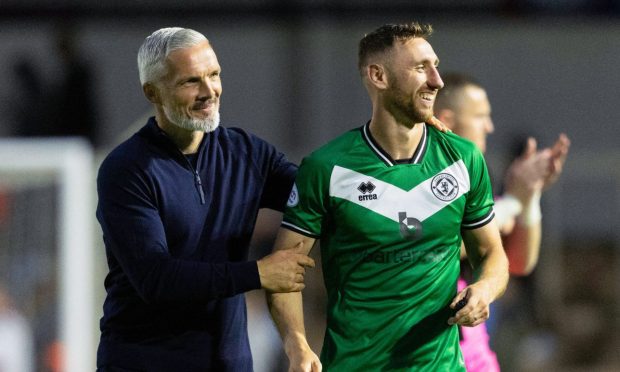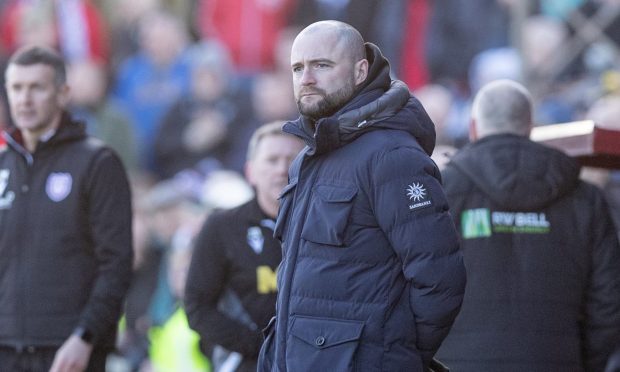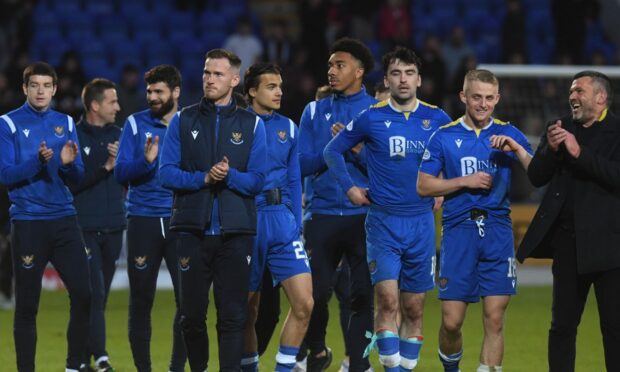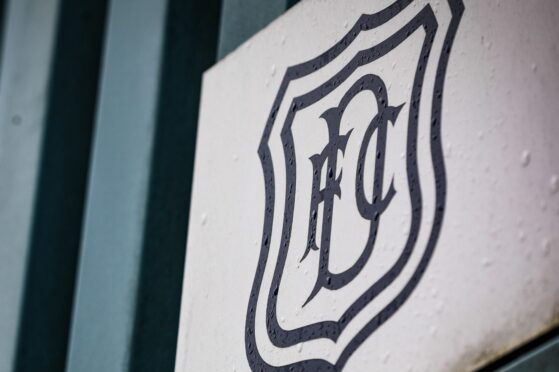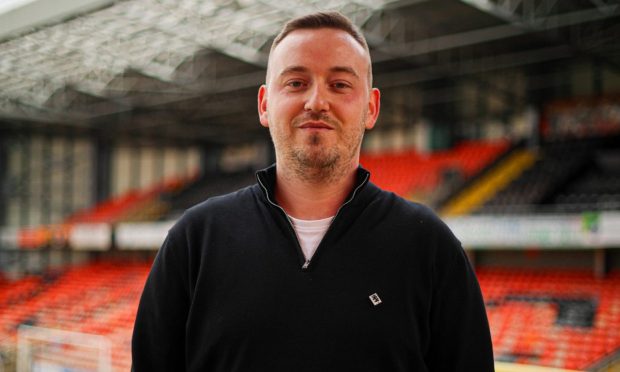Stuart Armstrong has revealed how he turned into a Tartan Army foot soldier as Scotland clung on against Israel.
The former Dundee United midfielder found himself biting his fingernails as he sat on the bench for the final 14 minutes of the 3-2 Nations League win at Hampden on Tuesday night.
He had been replaced by substitute Matt Phillips so could do nothing to help his colleagues as they battled to secure a play-off spot.
It looked like hopes might be dashed when a ball into the box was met by Israel’s Tomer Hemed, only for Scotland goalie Allan McGregor to pull off a miraculous save.
That left Armstrong’s nerves shredded and all that was missing was the tartan scarf as he anxiously roared the team over the line.
The Southampton player said: “By far the hardest part of the night for me was sitting on the bench and watching those final few minutes.
“I was next to Ryan Christie and he will tell you I was not enjoying it for one minute.
“I turned into a fan, I think, at the end.
“Credit to the boys for staying more composed than I was on the bench.
“You know, we are players first and foremost but we play because we love football.
“That is why we played when we were young boys, the same as everyone else.
“We want the country to do well – we always have done – and we want to give something back to the supporters.”
BLACK FRIDAY OFFER: Two years of unlimited access to The Courier Digital — at better than half price!
Armstrong was asked if the Scotland players had shown up their critics, those who felt that all the call-offs in the run-up to the Albania match meant there was a problem within the camp.
He replied: “I think there was a lot of negativity, especially surrounding the call-offs at the start of the week.
“However, that was going on outside the group and not necessarily a fair reflection of what was happening on the inside.
“You’ve got a group of boys here who have played together a number of times.
Everyone knows each other and everyone likes each other. That sometimes means a lot in football.
“Reaching the play-offs was the ambition and we felt it was very achievable.
“I would have been 11 the last time Scotland reached a play-off but I don’t really remember that.
“For a number of years now we’ve been close, close and closer but to get a play-off spot is a good bit of progress for us, definitely.
“The only negative was the game in Israel but, either side of that, we have been excellent.
“The results have been good, which is what really matters.”

